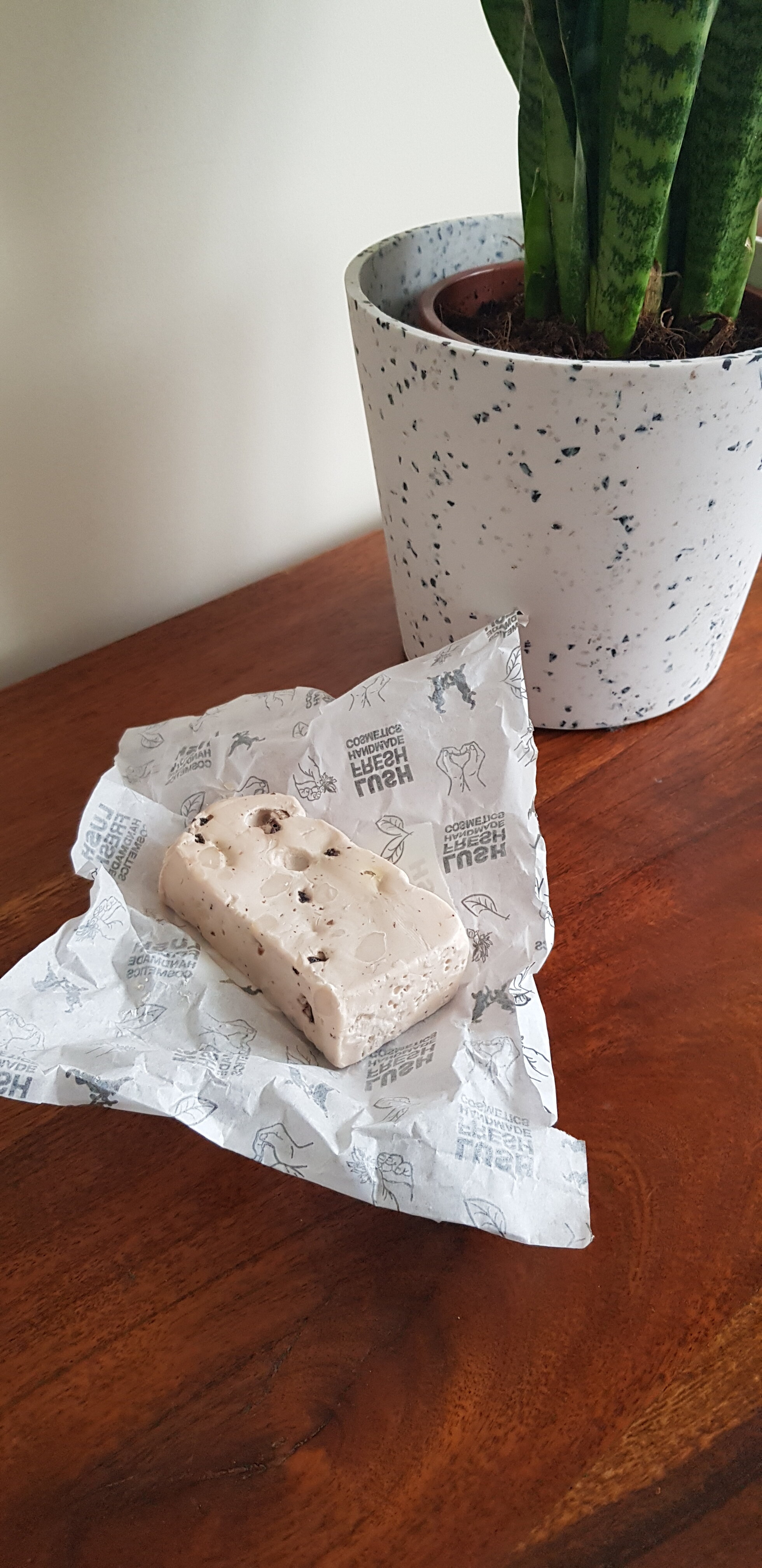3 top tips to get paid faster by your customers
/One of the biggest problems for small businesses is getting paid on time by their customers. Since Covid, this problem only seems to be getting worse as companies are less willing to part with their cash.
Here are our 3 top tips to get paid faster:
1. Send out invoices as quickly as possible:
Once work has been completed for a customer, make sure the invoice is sent out as quickly as possible. This may seem like an obvious point but we’ve seen it lots of time before, work has been completed but not yet invoiced for. Almost always, the reason is that the correct systems are not in place to prioritise the invoice being sent out.
By invoicing for your work as soon as it is completed then you are increasing your chances of being paid on time. Using Xero means you can even send out invoices from your mobile rather than having to wait until you’re back in the office. Win!
2. Use payment providers so customers can pay straight from the invoice:
When sending an invoice from Xero, payment providers, such as iwocapay, Paypal and Stripe can be added to an invoice template so a customer can make payment directly from the invoice. Making it as easy as possible for a customer to pay will speed up the process of them paying. We all like things to be easy!
iwocapay have gone one step further, giving your customers the option to pay now or pay over 3 instalments. Increased payment flexibility means more chance of getting paid and the best bit is, whichever option your customers pick, you get paid up front!
3. Chase your unpaid invoices:
Have a system in place to chase unpaid invoices. In Xero, automated reminders and chase emails can be set up to help do this automatically.
Sometimes a more personal approach can help speed up payment, so don’t be afraid to give your customers a call to check that they have received the invoice and ask when it will be paid. Sometimes business owners find this daunting or just don’t have the time to do this. If this is the case, then your accountant should offer this as a service, it will be called Credit control or something similar, so ask them to assist! If they don’t, we do, so get in touch today and start getting paid quicker.











